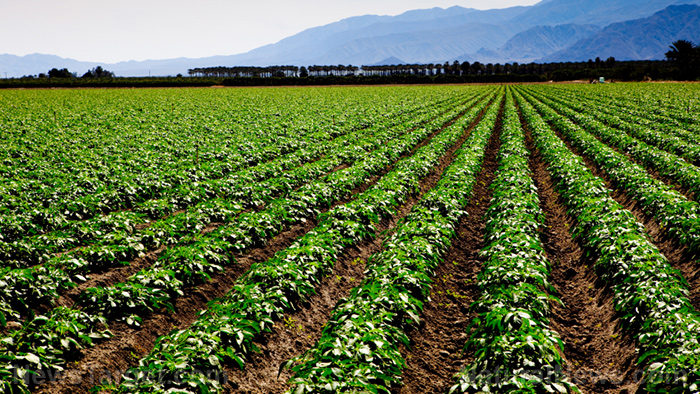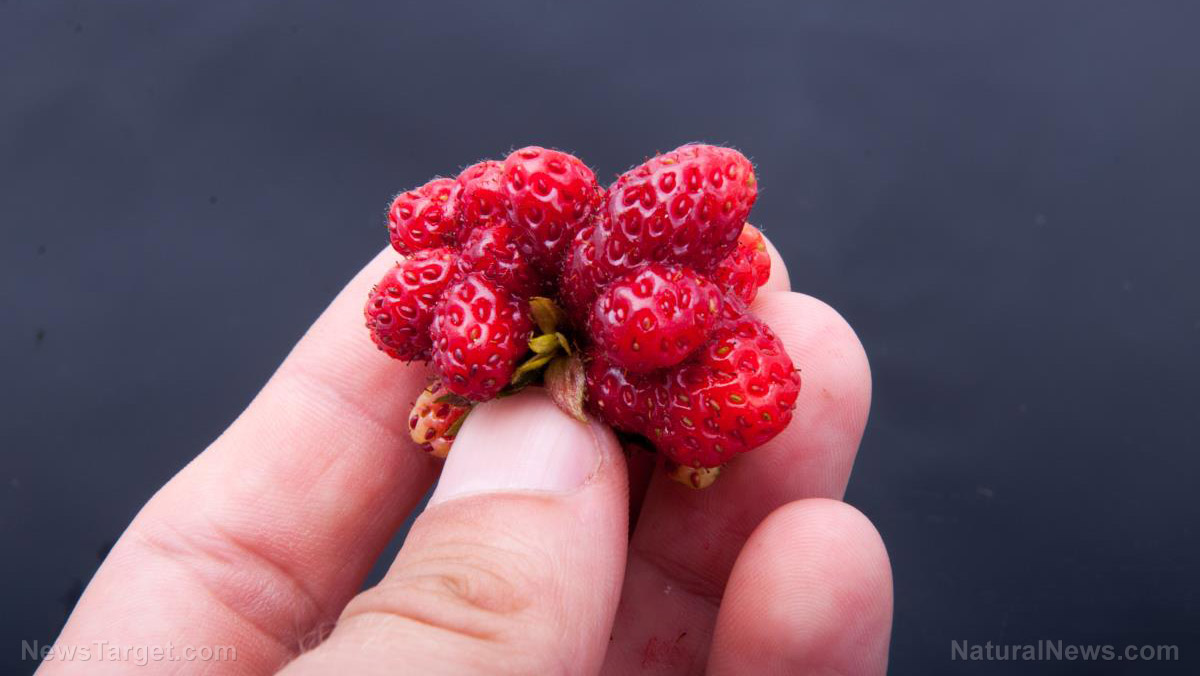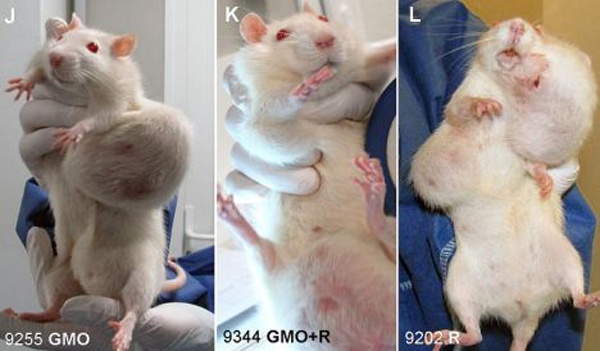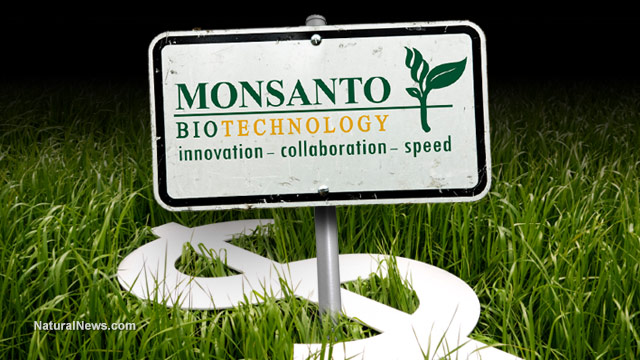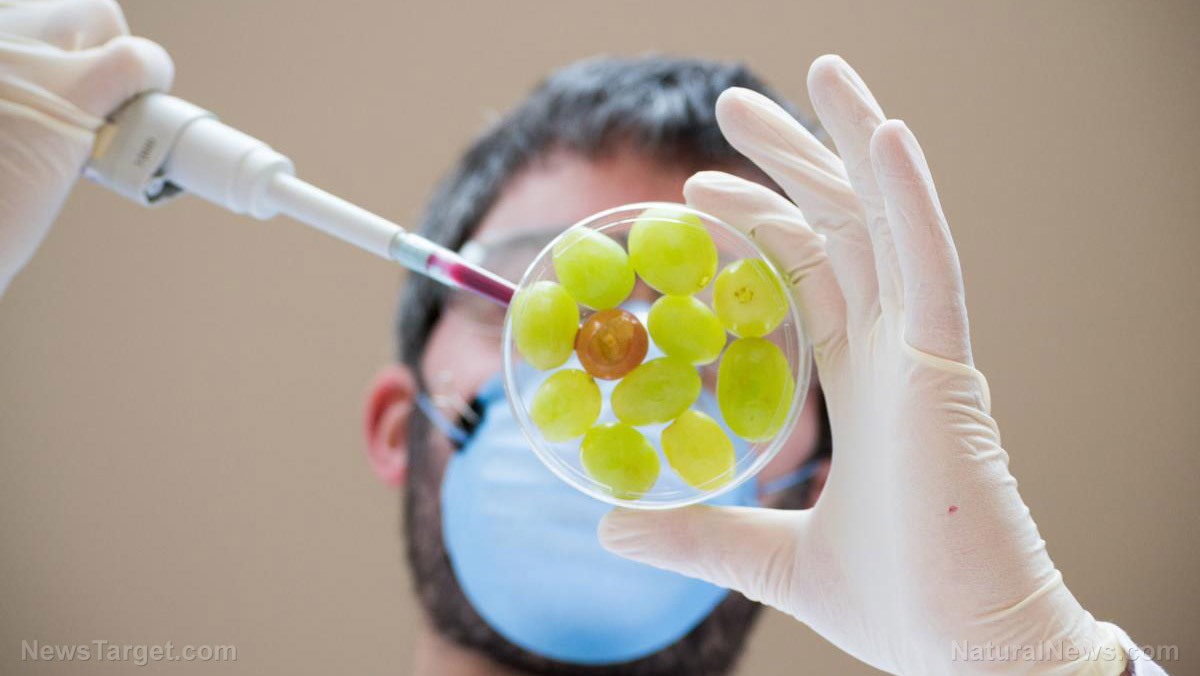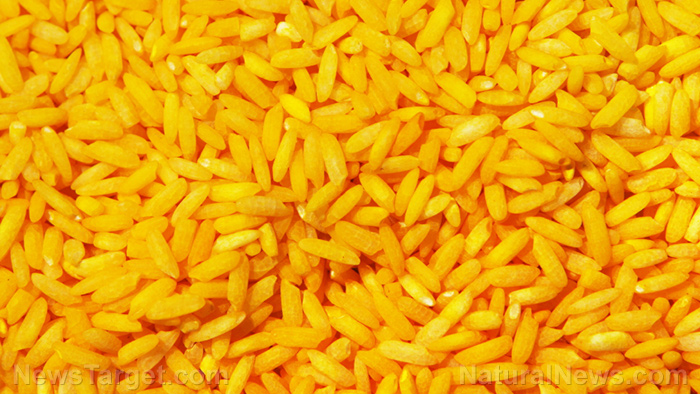Peer-reviewed study looks at the differences between GMO corn and its natural, non-GMO counterpart
10/31/2018 / By Tracey Watson
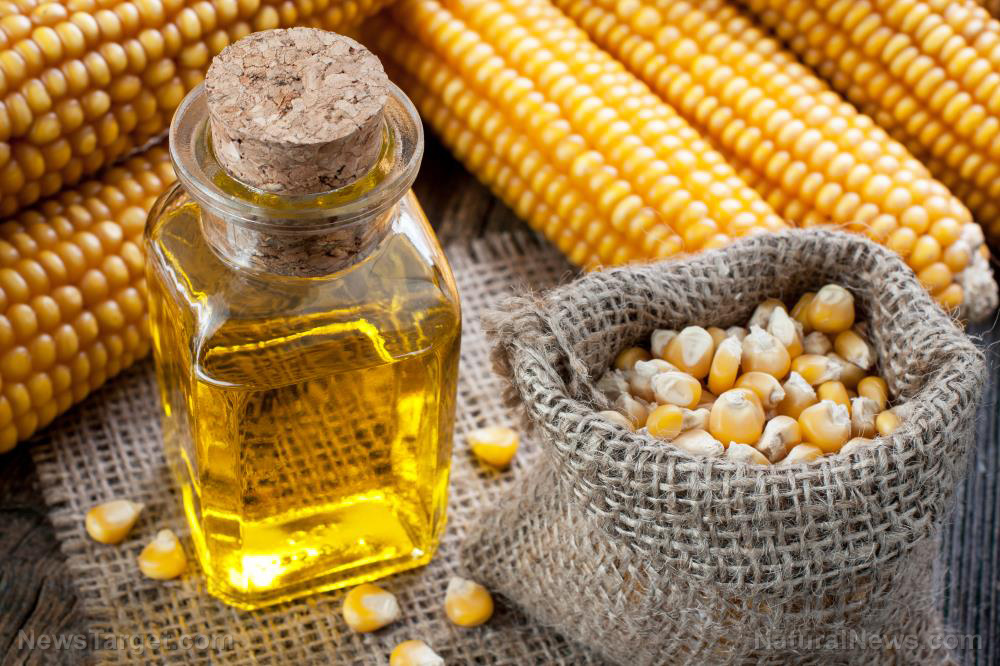
Proponents of bioengineering and the genetic modification of crops insist that these changes improve farming, make crops more resistant to pathogens, give them a longer shelf life and enhance their nutritional profiles. They even go so far as to say that genetic modification is the future of farming and will ensure food stability for generations to come.
Most of these modifications involve changing the structure of crops to enable them to tolerate spraying with herbicides and insecticides. Over 180 million hectares of genetically modified (GM) crops are currently being cultivated around the world, 80 percent of which have been modified to tolerate the application of glyphosate-based herbicides like Monsanto’s Roundup.
Roundup Ready 2 – or NK603 – is a type of corn genetically engineered to withstand spraying with Roundup, and has been sold commercially in the United States since 2001. Very vague and superficial testing of GM foods and crops by regulatory authorities in the United States found this type of GM corn to be “substantially equivalent” to real, unmodified corn types. However, more in-depth testing by researchers in other parts of the world has revealed massive differences between NK603 and non-GM corn.
A peer-reviewed study published in the journal Scientific Reports, conducted by researchers from King’s College London, found that “NK603 and its isogenic control are not substantially equivalent.”
This study raises serious questions about the long-term effects of NK603 consumption on human health. (Related: GMO corn driving up use of dangerous pesticides.)
Hundreds of differences found between NK603 and non-GM corn
Commenting on the findings of the study, Natural Health 365 noted:
The researchers found clear, profound compositional differences in the GMO corn, showing that it’s not anywhere near equivalent on a molecular level to non GMO varieties. A total of 91 small molecule biochemicals (metabolites) and 117 proteins were found to be altered in the NK603 corn. These alterations were caused largely by an imbalance in energy utilization as well as oxidative stress damage within the cells.
In the introduction to their study, the researchers explained the methodology they used in conducting their research:
In an effort to provide insight into the substantial equivalence classification of a Roundup tolerant NK603 GM maize, we have performed proteomics and metabolomics analyses of NK603 (sprayed or unsprayed with Roundup) and isogenic maize kernels (Fig. 1). We used a TMT10plex™ isobaric mass tag labeling method and quantified proteins by Liquid chromatography-tandem mass spectrometry (LC-MS/MS). The metabolome profile was determined by ultrahigh performance liquid chromatography-tandem mass spectroscopy (UPLC-MS/MS). Altogether, our integrative analysis shows that the GM transformation process used to generate NK603 maize caused deep alterations in the proteome and metabolome profiles of this crop and results in marked metabolic changes.
Non-GM corn packs a nutritional punch
In addition to potentially posing long-term health risks for humans, genetically modified corn has also been found to be nutritionally depleted in comparison to its non-GM counterparts. As previously reported by Natural News, non-GM corn contains significantly higher amounts of essential minerals like manganese, zinc, copper, magnesium, calcium and iron than GM varieties. The soil in which this corn is planted has also been found to be far richer in essential minerals than soil depleted by the spraying of toxic glyphosate.
A report by the De Sell Seed Company based in Ontario, Canada, concluded that GM corn is both nutritionally deficient and totally unfit for human consumption.
It can be difficult in some areas to source non-GM corn, but the effort is well worth it, as evidenced by studies like these. And, of course, corn is just one example of how genetic modification dramatically (and potentially disastrously) alters the food we eat. It is always best to choose non-GMO, organic produce wherever possible. Learn more at Glyphosate.news or FoodScience.news.
Sources include:
Tagged Under: biotech, corn, food, genetic engineering, genetically modified organisms, glyphosate, GMO, GMOs, grocery, ingredients, NK603, non-GMO corn, nutrition, nutritional profiles, Roundup, Roundup Ready 2

